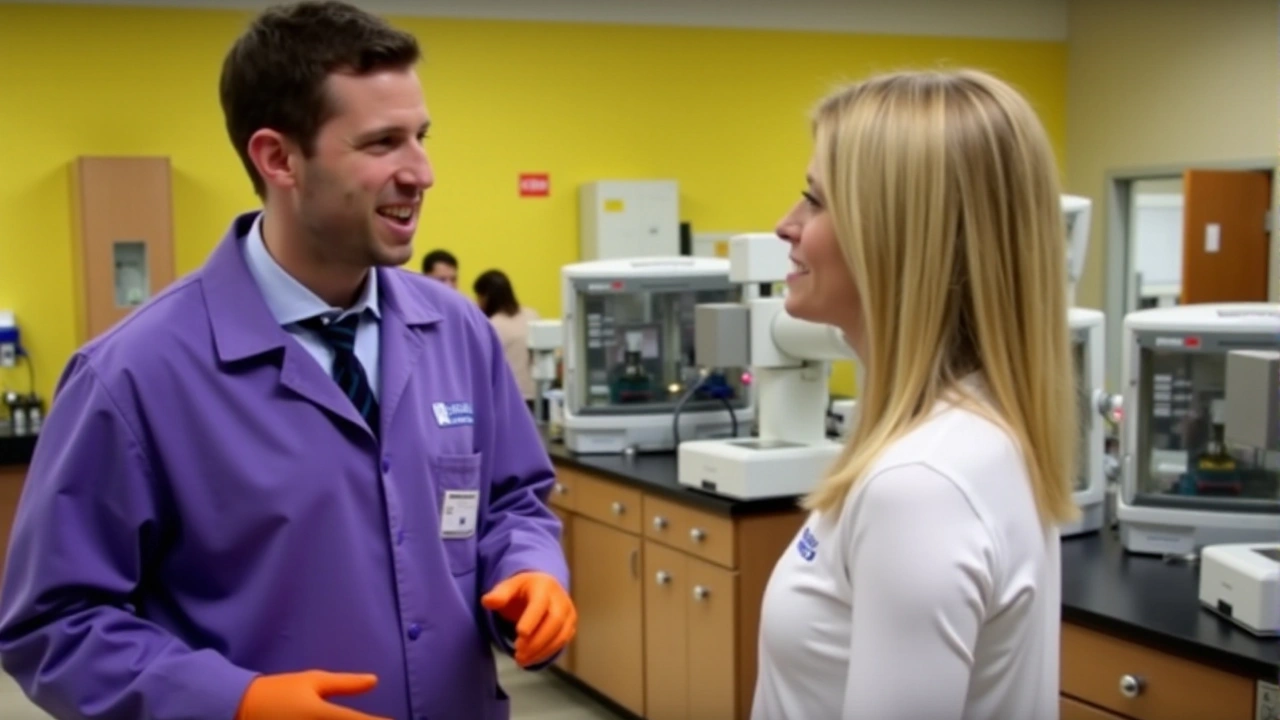Brain Cancer – What You Need to Know Today
If you or a loved one has been told they have brain cancer, the first thing that pops up is a flood of questions. What does it really mean? How will treatment work? Where do you find reliable info?
This page pulls together the most useful articles on brain cancer so you can get clear answers fast. We keep the language plain and focus on what matters for everyday life.
Symptoms & Diagnosis
Brain tumors often start with subtle signs that are easy to miss. Headaches that get worse in the morning, blurry vision, or trouble remembering things can all be clues. Some people notice weakness on one side of the body or changes in personality.
The moment you see these signs, a doctor will likely order an MRI. This scan shows the size and location of the tumor without any surgery. In many cases a biopsy follows—taking a tiny tissue sample to confirm whether it’s cancerous.
Early detection is key because it opens more treatment options. If you notice any new neurological symptoms, don’t wait. Talk to your GP right away.
Treatment Options & Support
Surgery is often the first step if the tumor can be safely removed. Surgeons aim to take out as much of the growth as possible while protecting healthy brain tissue. After surgery, radiation therapy helps kill any remaining cancer cells.
Chemotherapy works differently—it uses drugs that travel through the bloodstream to target cancer cells. Some newer meds, like temozolomide, have shown good results for certain types of brain tumors.
Clinical trials are another avenue. They let you access cutting‑edge therapies that aren’t widely available yet. Check sites like ClinicalTrials.gov or ask your oncologist about current studies.
Living with brain cancer isn’t just about medical care. Support groups give you a place to share experiences and coping tips. Physical therapy can help restore strength, while occupational therapists teach strategies for daily tasks.
Nutrition also plays a role. A balanced diet rich in fruits, vegetables, and lean protein supports recovery and keeps your immune system strong. Stay hydrated and avoid excessive alcohol.
Lastly, keep a record of every appointment, medication, and side effect you notice. This notebook becomes a valuable tool when you discuss progress with your healthcare team.
The articles listed under the "Brain Cancer" tag dive deeper into each of these topics—covering everything from diagnosis steps to the latest research on immunotherapy. Use them as a guide, ask questions, and take control of your health journey.

Disulfiram: A Potential Game-Changer in the Fight Against Aggressive Brain Tumors
- Aug, 20 2024
- 5
In a promising breakthrough, researchers have found that disulfiram, a medication traditionally used to treat alcohol abuse, may be effective against aggressive brain tumors like glioblastoma. Early laboratory experiments indicate that the drug can kill cancer cells and inhibit tumor growth, offering new hope to patients with this challenging condition.
Categories
- Health and Medicine (62)
- Health and Wellness (57)
- Medicine (37)
- Women's Health (11)
- Mental Health (9)
- Men's Health (7)
- Beauty and Wellness (4)
- Health Information (4)
Archives
- February 2026 (8)
- January 2026 (25)
- December 2025 (28)
- November 2025 (25)
- October 2025 (27)
- September 2025 (14)
- August 2025 (3)
- July 2025 (2)
- June 2025 (2)
- May 2025 (3)
- April 2025 (4)
- March 2025 (4)
- online pharmacy
- medication safety
- dietary supplement
- health benefits
- dietary supplements
- generic drugs
- prevention
- fertility
- online pharmacy Australia
- side effects
- QT prolongation
- medication side effects
- diabetes medications
- GLP-1 agonists
- nocebo effect
- brand vs generic
- treatment
- treatment options
- benefits
- connection
